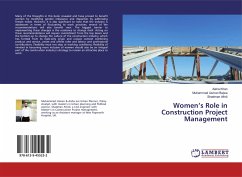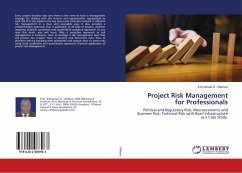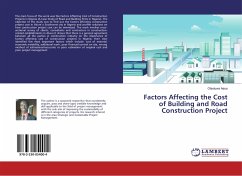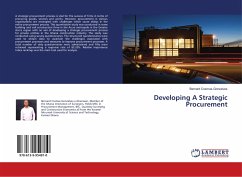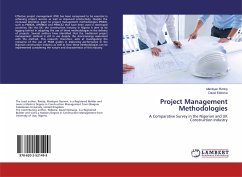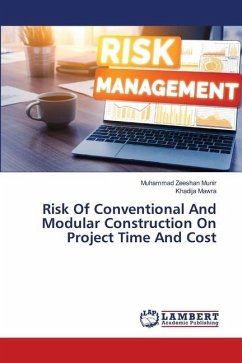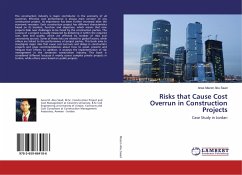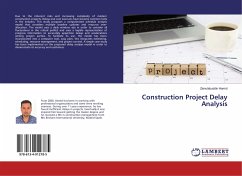Many of the thoughts in this book revealed and have proved to benefit women by modifying gender imbalance and disparities by addressing female needs. However, it is also significant to note that the industry is adolescent in terms of fluctuating its work practices, several of the recommendations will also benefit men. The biggest barrier to implementing these changes is the resistance to change itself. Acting on these recommendations will require commitment from the top down and the bottom up to change the culture of the construction industry, which has formed from its male-only origin and unique context combining product and service, onsite and offsite roles and labour and professional contributions. Flexibility must not stop at working conditions; flexibility of mindset in becoming more inclusive of women should also be an integral part of the construction industry's strategy to remain an attractive place to work.

